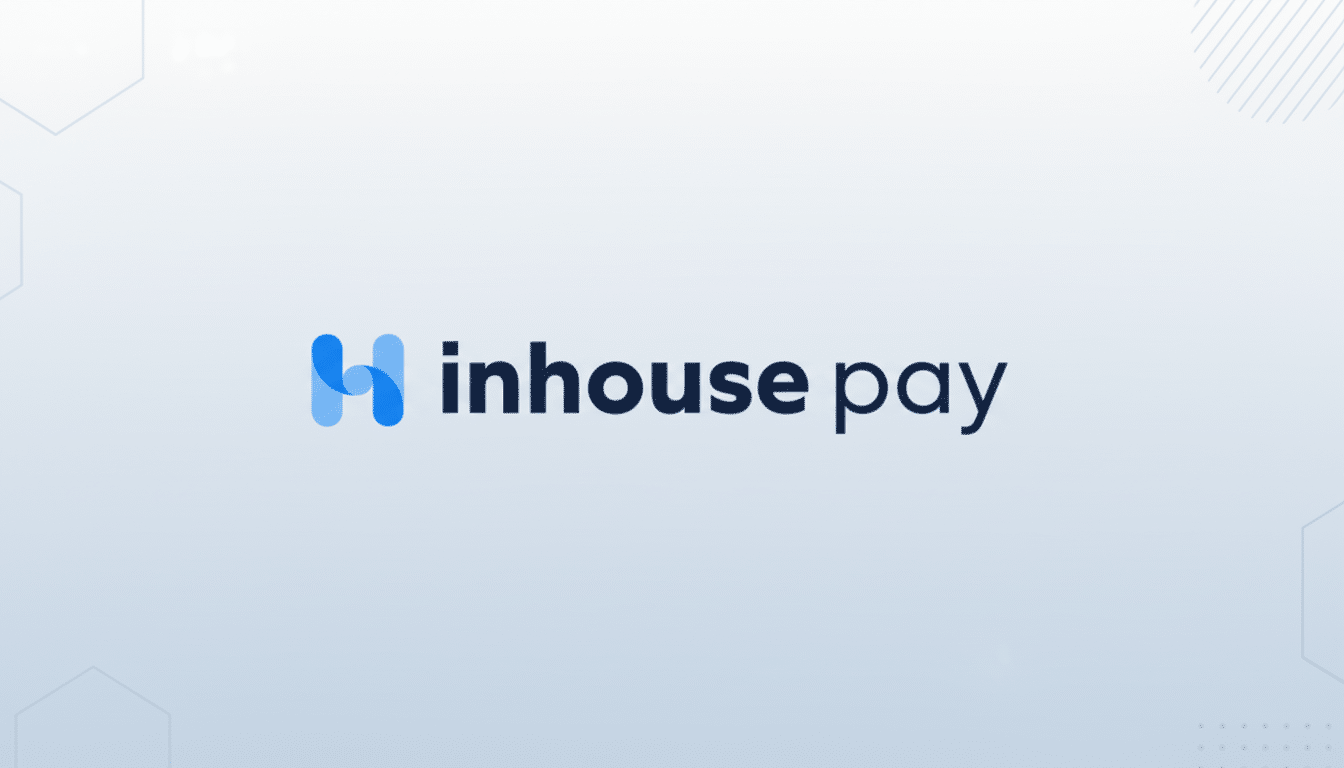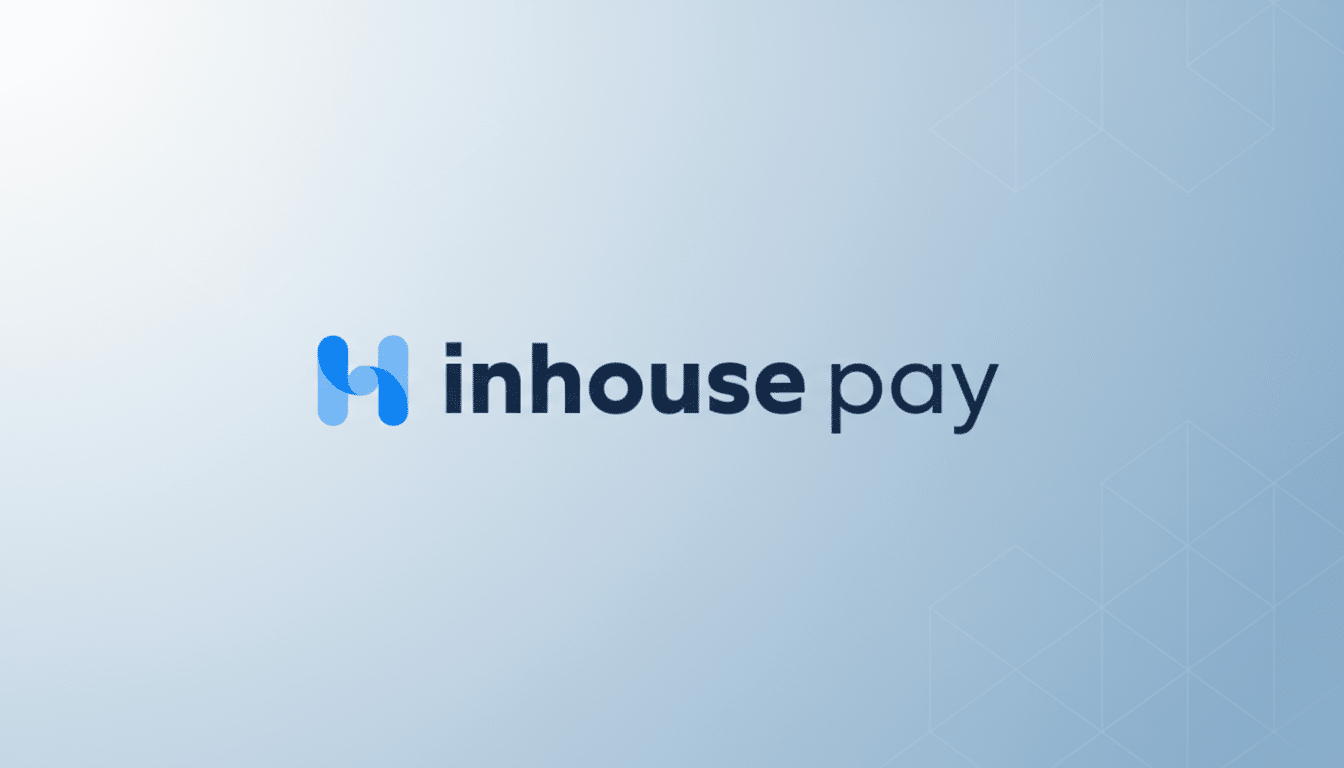KB Investments’ InHousePay is rolling out a bill-pay feature that enables NRIs to transact household payments in India from outside the country.
Ramping up the company’s national bill rails in India, it seeks to eliminate the friction of wiring funds to local accounts or using foreign cards that come with hefty fees and frequently fail at checkout.

How the new NRI bill payment feature works via BBPS
Through Yes Bank, Aspora has been onboarded with the Bharat Bill Payment System (BBPS) and now has access to over 22,000 BBPS utility and direct-to-home billers for both utilities (electricity, gas) as well as non-utilities like broadband, DTH, insurance premiums, and loan repayments.
Think electricity boards like BSES and BESCOM, internet providers like Jio and Airtel, and EMI payments with banks — now payable from outside India directly.
There are no fees charged by the company to make these bill payments, and it provides competitive exchange rates so users can pay directly in their home currency. That eliminates the standard stack of cross-border card costs (which can easily total 3%–5% via FX markups and international transaction fees), not to mention the hassle when issuer or network criteria mean your attempts are futile.
Aspora tried out the feature with a few thousand users and found a healthy demand for mobile top-ups. The startup tied up with Ding to facilitate international mobile recharges, as some of the bill categories simply aren’t on the BBPS pipe for foreign payers.
Why direct bill payments matter for NRI remittances
India is the world’s largest remittance recipient, the World Bank says, and inflows have topped $100 billion in recent years. The top corridor is still the United States, which makes up about 28% of all remittances by value, the RBI has observed. The ability to pay bills directly might make a share of transfers going via person-to-person remittance shift into bill settlement, but Aspora expects that effect to be small at ~4%–5%.
The real prize is engagement. The monthly frequency is often low on remittance apps — bill payments bring back repeat usage as families manage electricity, broadband, or loan EMIs on a regular schedule. For diaspora users currently tabbing around on bank transfers, local helpers, and screenshot confirmations, a one-stop flow with live status is a tangibly useful upgrade.

Market rollout plans and key partnerships for Aspora
The feature is being made available first to customers in the UK, with a US and UAE launch on the roadmap — both heavyweight remittance corridors into India. By plugging into BBPS, which is managed by NPCI Bharat BillPay, Aspora can avail standardized biller discovery, reconciliation, and dispute processes. With Yes Bank, they have the domestic connectivity to ensure payments are completed seamlessly.
For compliance, while allowing cross-border bill pay will require stringent controls over KYC and AML, it should be in tandem with India’s foreign exchange rules. The BBPS framework assists in this, being a monitored, auditable route for the settlement of retail bills started from overseas.
Business Model And Competitive Landscape
Aspora claims that it will not charge for bill payments, an approach that could drive adoption and cross-sell more products. The revenue model is generally from FX spread as well as up-leveling into higher-value products. The company will soon offer NRE and NRO accounts, effectively bringing it closer to providing a full stack of banking services for NRIs with deposits, transfers, and bill management all from one consolidated platform.
Global money movers including Wise, Remitly, and Xoom already fight on speed and cost for remittances, and some of them offer targeted payouts. But direct, bulk integration with BBPS for diaspora bill settlement is yet to take off. If Aspora can combine reliable uptime with transparent FX and broad biller distribution — it could carve out a makeable niche which is complementary to rather than substitutive of remittances.
Funding details and recent growth metrics for Aspora
Aspora raised $50 million in Series B funding, led by Sequoia, with contributions from Greylock, Hummingbird, Quantum Light Ventures, and Y Combinator.
- 800,000 accounts on its books
- $4 billion in transaction volume
- $25 million cumulatively saved by users from fees
What to watch next as Aspora expands bill payments
Execution is going to come down to three things:
- Keep zero-fee bill payments live while ensuring FX is competitive
- Expand coverage to the US and UAE without adding any friction
- Secure the regulatory nods required for NRE/NRO accounts
If the company can maintain performance and reliability at scale, direct bill pay may become the new default for diaspora families juggling life back home.

